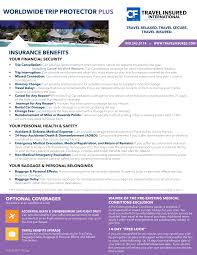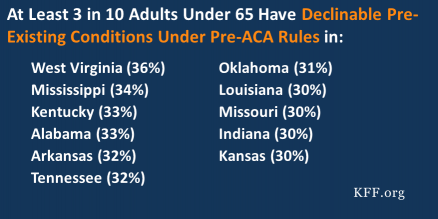
Employers who want to take back control of their benefit program are increasingly choosing self-funded insurance plans. These plans are a great alternative to fully insured health insurance and have many benefits, such as lower administrative costs, more flexibility in the design of the plan, and increased financial accountability.
What is an Self-Insured Healthcare Plan?
Self-insured health plans are arrangements in which an employer pays for medical services with a combination its own funds and the contributions of enrollees. These funds will be deposited into a special trust account to cover claims. Employers typically work with a third-party administrator or broker to help manage the process. They also ensure that the plan is designed properly for their employees and budget.
What Is an Insurance Plan that is Self Funded?
A self-funded insurance plan is a medical, dental and vision benefit program that uses an employer's own money to pay for health care services. This is a great option for smaller businesses, as it allows them to control their costs. The plan can also cover the dependents of an employee who don't have access to other insurance options such as Medicare and Medicaid.

What Is a Self-Funded Medical Plan?
A health insurance plan which combines the employee-sponsored component of self-insurance with a contract for group coverage with an external carrier. A TPA is often contracted by the employer to handle administration of the self insured components.
The administrative costs of an employer are very similar to the cost of a plan that is fully insured. The only difference is that self-funded claims are billed month-to-month and not annually like fully insured claims. These monthly costs include the administrative fees, stop-loss premium and the variable cost of healthcare care, known as the claims expense.
Shock claims can be a risk to self-funding
As the name implies, shock claims are catastrophic and large claims that can cause a plan to fail. The cost of a single person's medical treatment can easily reach half a mil for several years. Shock claims may also negatively impact the employer's finances, since they can drain company reserves and result in negative cash flow.
Understanding Self-Funded Health Insurance
Self-funded health plans are not suitable for everyone. Employers are worried about the high cost of claims. They should weigh pros and contras before selecting a policy.

A self-funded health plan enables the employer to choose the most effective benefit package for its workforce, reducing costs and improving overall employee wellness. The employer can also be more involved with population management strategies such as weight loss or smoking cessation programs. It's a great choice for small and medium businesses who want to control employee health costs and encourage healthy behaviors while increasing the quality and care of their workers.